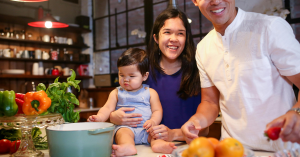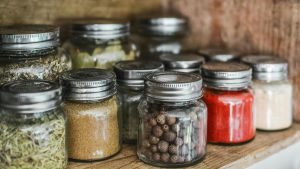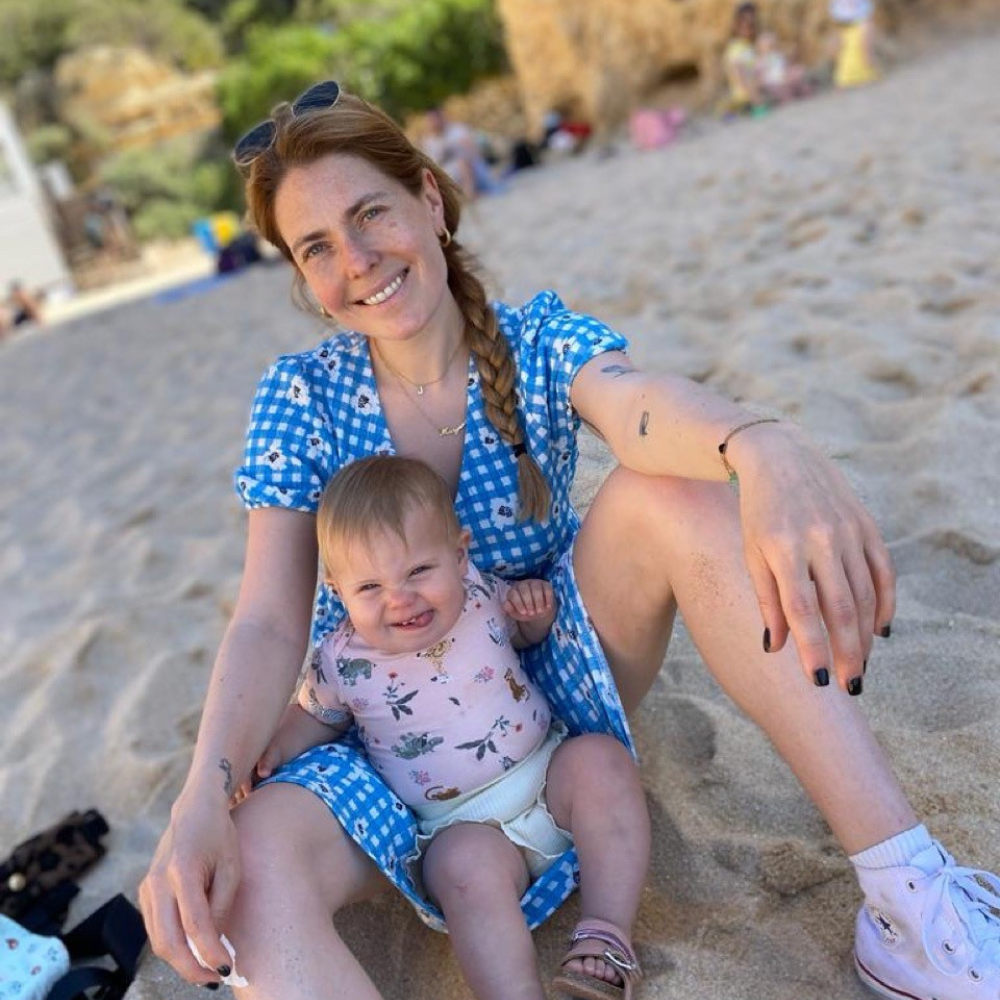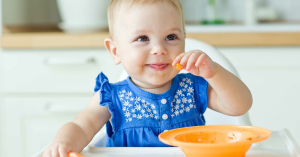Introducing your baby to solid foods is an exciting milestone, and it marks a new chapter in their development. As you go on this journey with your little one, you might wonder about the best first foods to offer. This article will guide you through choosing safe, nutritious, and baby-friendly first foods to help your child thrive.
The Right Time to Start Solid Foods
Most babies are ready to start solids around 6 months of age, but it’s important to look for signs that your baby is developmentally ready. These signs include being able to sit up with minimal support, showing good head control, and showing curiosity about what you’re eating.
Best First Solid Foods for Baby
When you start introducing solids, it’s essential to choose foods that are easy on your baby’s tummy and easy for them to digest. Here are some great first food options:
- Oatmeal: Start with a single-grain like oatmeal. Mix one tablespoon of oatmeal with four tablespoons of breast milk or formula to create a thin, soupy consistency.
- Vegetables: Soft cooked or pureed vegetables such as sweet potato, carrot, and pumpkin are excellent for babies. These are not only packed with nutrients but also naturally sweet, which makes them more appealing.
- Fruits: Similar to vegetables, fruits like apples, pears, and avocados can be cooked and pureed. Banana is another good option because it can be served whole. If you’re interested in learning more about introducing larger chunks and self-feeding, consider reading up on baby-led weaning.
- Meat and Poultry: Soft cooked or pureed meats like chicken, beef, and turkey are good sources of iron and protein. Make sure they are cooked thoroughly.
Introducing Solid Foods One at a Time
It’s crucial to introduce new foods one at a time and wait three to five days before adding another new food. This waiting period allows you to monitor for any allergic reactions or sensitivities.
Signs of Allergy
Keep an eye out for signs of an allergic reaction, which can include hives, rash, facial swelling, or difficulty breathing. If you notice any of these signs, contact your pediatrician immediately.
Making Mealtime Enjoyable
Mealtime should be a positive experience for both you and your baby. Encourage exploration and allow your baby to interact with their food, even if it gets a bit messy. Eating together as a family can also help model good eating habits.
Gradually Increasing Texture
As your baby gets used to eating solids, you can start to introduce thicker textures and eventually small, soft chunks. This gradual progression helps prepare them for more complex foods and eating styles. For parents interested in a more hands-on approach, baby-led weaning is a method that allows babies to explore and handle whole pieces of food themselves. This technique can encourage independence and may help develop fine motor skills and chewing abilities early on.
Conclusion
Starting solids is an important and fun stage in your baby’s development. By choosing the right foods and introducing them at the right time, you’re setting up your child for a lifetime of healthy eating habits. Remember, each child is unique, so follow your baby’s cues and consult with your pediatrician if you have any concerns. Here’s to a happy and healthy start on solids!
Please note that I speak from personal experience. For substantiated information, i always recommend that you take a look at the World Health Organization.









